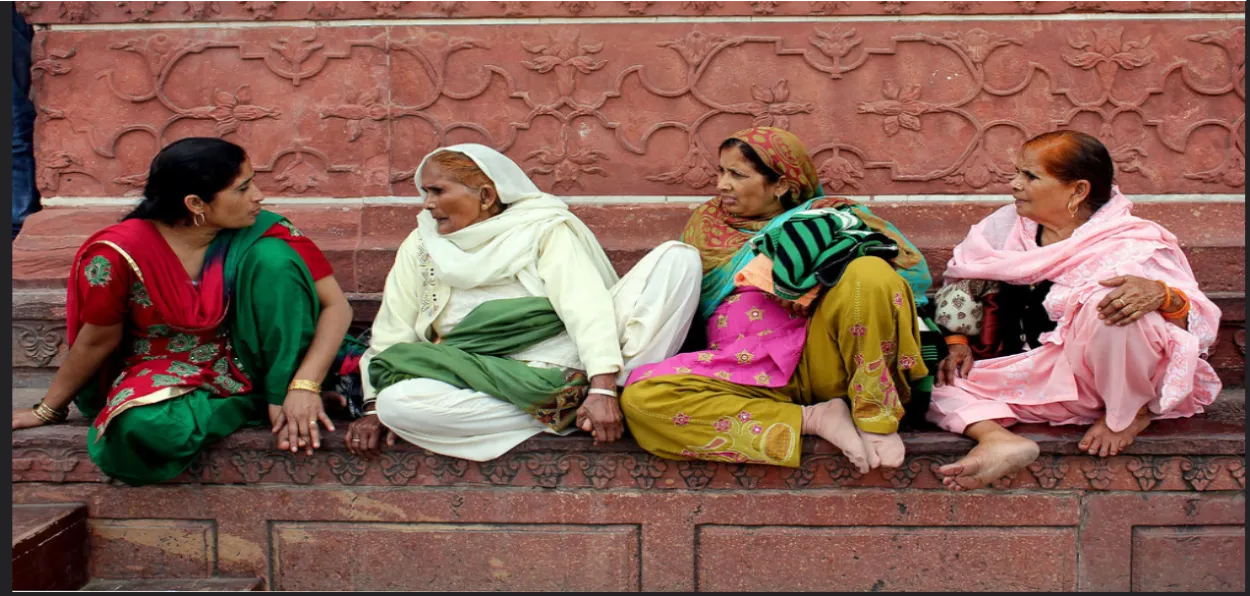
Eman Sakina
“Did you hear what Sana did?”
“You’ll never believe what I heard about Ahmed…”
“I found out something shocking about Adam recently.”
Friday Musings
We’ve all been in this situation before. Whether it is a friend, family member, or co-worker, each one of us has been part of a casual conversation that has turned into gossip – maybe even without realizing it.
Our role model Prophet Muhammad told us that Allah Almighty will cover our faults on the Day of Judgment if we cover the faults of others in this life.
In Islam, the concept of covering the flaws and mistakes of others is deeply rooted in the teachings of the Prophet Muhammad and the principles of the Sunnah. This practice is not only encouraged but is considered a noble act that embodies mercy, compassion, and understanding. Here, we explore the significance and benefits of this act, supported by examples from the Hadith and the Qur'an.
The act of covering the flaws of others, known in Arabic as "Sitr," means to conceal the faults and mistakes of fellow human beings rather than exposing them. This concept is fundamentally tied to the idea of protecting the honor and dignity of others, fostering a community built on trust and mutual respect.
The Qur'an emphasizes the importance of mercy, forgiveness, and the protection of others' honor. Allah says in Surah Al-Hujurat:
"O you who have believed, avoid much [negative] assumption. Indeed, some assumption is a sin. And do not spy or backbite each other. Would one of you like to eat the flesh of his brother when dead? You would detest it. And fear Allah; indeed, Allah is accepting of repentance and Merciful." (Qur'an 49:12)
This verse underscores the prohibition of backbiting and emphasizes the importance of maintaining others' dignity.
Benefits of Covering Flaws
In practical terms, covering the flaws of others can be applied to various aspects of life:
Personal Interactions: When a friend or family member makes a mistake, offer constructive advice privately rather than expose their faults to others.
Social Media: In today's digital age, it's crucial to refrain from sharing or commenting on others' mistakes or shortcomings publicly.
Workplace: Address errors or shortcomings of colleagues in a private and supportive manner, promoting a positive and respectful work environment.
ALSO READ: Poll outcome endorsement of collective idea of India: Syed Mohammad Ashraf Kichhouchhwi
Covering the flaws of others is a profound and essential Sunnah that promotes mercy, compassion, and dignity. By practicing Sitr, we not only follow the exemplary conduct of the Prophet Muhammad (peace be upon him) but also contribute to a more just and harmonious society. In doing so, we align ourselves with the divine attributes of forgiveness and concealment, ensuring that we receive the same mercy and protection from Allah in both this world and the Hereafter.
